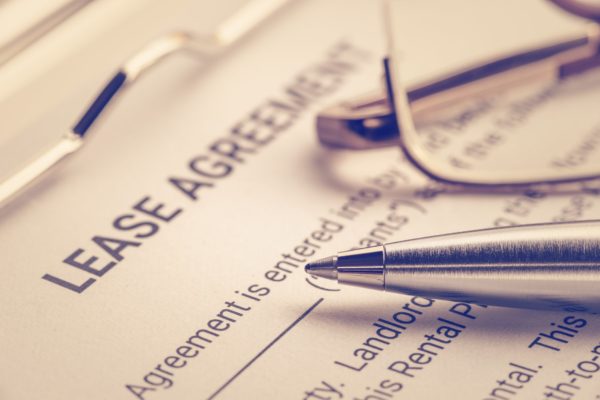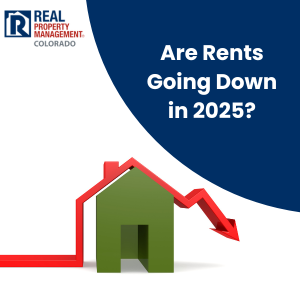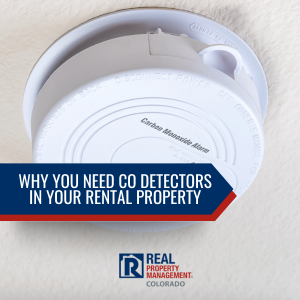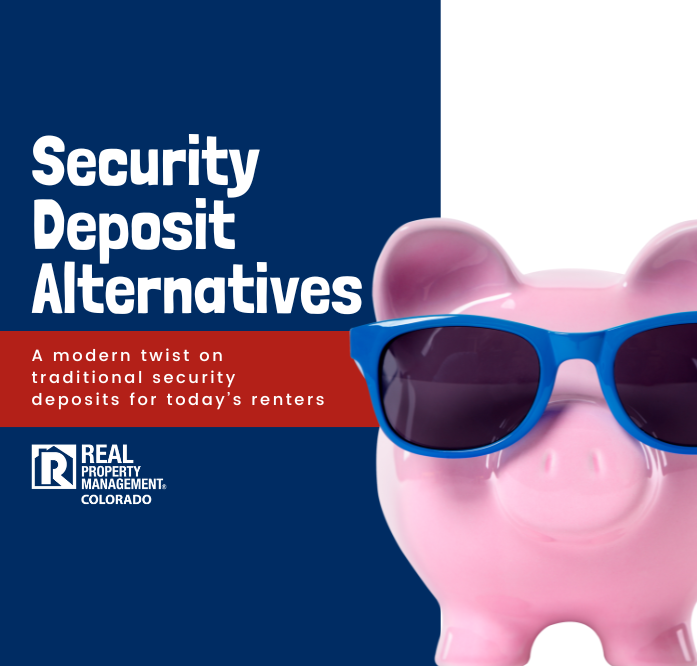Managing a rental property calls for a great deal of problem-solving. While not all residents intentionally violate their lease, violations can and do arise. Part of being a landlord is knowing how to handle lease violations when they do come up. So what are the most common lease violations and how should landlords handle them?

Watch Out For These Common Lease Violations
Unauthorized Pets
Adding a pet to the family can be an exciting time. Nearly 85 million American households in the country own some kind of pet. In Colorado, 47% of people have a pet. That being said, not all tenants remember (or even attempt) to get their landlord’s permission before bringing their new furry friend home. And while many shelters require or verify permission before allowing the adoption to proceed, the process isn’t foolproof. Unauthorized pets are one of the most common lease violations property managers deal with. So how do you deal with the violation?
After finding evidence that your residents have an unauthorized pet, there are a few things to do. First, refer back to the lease on what your pet policy states. If your lease doesn’t allow pets, then follow the steps for issuing a lease violation. Reach out to your residents and see what’s going on. In the event your residents did get a pet without permission, decide whether or not you’re willing to allow the pet to stay. If so, move forward with collecting the proper deposits, fees, and lease updates. If not, be sure to inform your tenants and then follow up to ensure the pet has been removed.
Unauthorized Occupants
Long-term guests and unauthorized occupants are another common lease violation landlords should know how to handle. While your residents having guests doesn’t usually sound like a cause for concern, there are risks that landlords should be aware of when it comes to having people staying long-term in the property who aren’t named on the agreement. Make sure your lease agreement details how long guests are permitted to stay and what your residents need to do in the event they plan to have guests longer than expected. And if the guest turns into a long-term occupant, be sure to have them complete an application, pass your set approval criteria, and sign the lease agreement.
Unpaid Rent
Perhaps the most common lease violation landlords deal with is unpaid rent. From the one-time missed payment to the habitual late payer, landlords should follow their lease agreement when dealing with unpaid rent. Make sure your agreement specifically outlines when rent is due and how it should be paid, as well as the consequences should they fail to due so. And should your tenant refuse or fail to pay, make sure to follow all applicable legal notice requirements for your area (rent demands, violation notices, etc.) and begin the eviction process if necessary.
Unpaid Utilities
Unpaid utilities pose a problem for landlords. Not only can it result in the disconnection of services, but some utility providers can place liens on the property. Disconnected utility services can also result in lasting property damage, so if your tenant fails to pay the utilities they’re responsible for, make sure to act quickly. Your lease agreement should specify which utilities your tenant needs to pay and what penalties they will incur in the event they don’t. And to avoid any surprise problems, such as liens or damage, consider having your tenants name you as a third party on the account so you receive notifications in the event the provider disconnects services. That way you can step in before the problem escalates too far.
Other Common Complaints
Other common lease violations include yard violations, such as weeds and failing to mow regularly, noise complaints from neighbors or other residents, and failing to maintain the home in a clean and sanitary manner. Your lease agreement is your greatest tool for combating these and any other lease violation you might encounter. Make sure it details all of the rules your tenants should be aware of, what is expected of them, and all of the penalties for violating the agreement.

Even the most well-meaning tenant is capable of violating the lease agreement. Combat this by thoroughly going over the agreement with your tenants and sticking to your policies in the event problems do arise. And if you don’t want to navigate these challenges on your own, hire Real Property Management Colorado to do it for you! Put our years of experience to work for you so you can focus on what’s most important to you.





